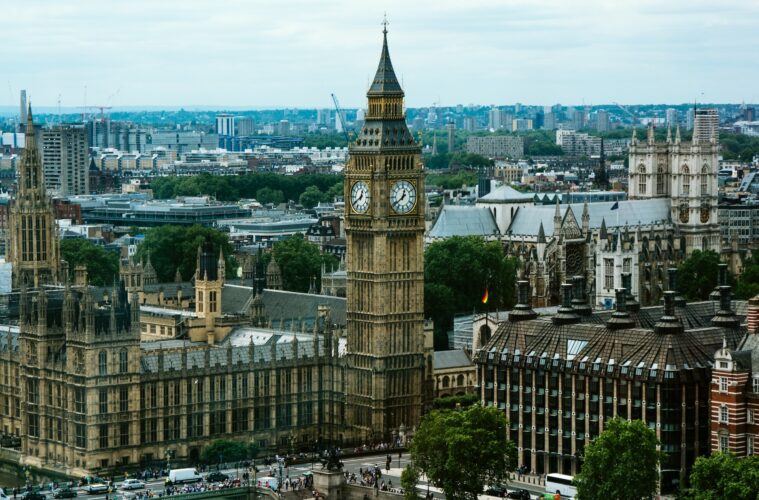Getting into politics is easy. All you need is a lot of money, some pre-established contacts, several years of experience and a drive to lead change. Okay so maybe it’s not that easy, especially if you don’t have those things. But what can you do? The majority of politicians are over 50, over two-thirds white and male, and have spent at least six years in politics building those contacts and experiences we mentioned earlier. Well, you could take a job as a secretary or a lesser position within a political party, but there are some other approaches you could consider – specifically broadening your education.
Qualification Through Degrees
According to the most recent statistics, over 75% of politicians have a bachelor’s degree or higher in some field or other. Although a few had Master’s Degrees, the vast majority were Bachelor’s Degrees or equivalents. Only 10% of politicians entered politics with only professional qualifications. The most common field of qualification – according to the Parliamentary Handbook – is the “general” qualification, such as arts degrees and doctorates. In 2023, these qualifications made up around 26% of all qualifications. But there were quite a few other contenders as well.
Law, economics, administration and education all made appearances on the list, as you might expect. Law in particular came in at 25%, second only to the eponymous “general” degree mentioned earlier. Why is this notable? Well, a few years ago politicians qualified in law were much further down on the list. Back in 2005 only 66 of the 362 qualified politicians in this country were trained in law. Today, it’s 90. Not only that but this rise can be seen across both political parties.
So, the first place you might want to look if you’re considering expanding your education might be a degree in law, but a full bachelor’s degree is no small undertaking. It takes three to four years of work at a full-time pace – more if working part-time – and it can be a terrible feeling to start down a life path only to discover that this particular path isn’t right for you. Not only that but law degrees are focused on one thing, law. Political history, political case law and political administration may not fit easily into a degree that focuses on the minutiae of the Australian legal system.
So what can you do? Well, you could try tackling something smaller and more focused on your goal, like a graduate certificate in public policy. Graduate certificates can be the perfect way to test the waters to see what is right for you, and the work you do can carry over as credit towards these larger, longer courses – so it’s not wasted time either. On top of that, public policy is directly relevant to your job as a future politician so it’s all good training. However, if studying isn’t right for you – or if you have the time to consider other options – there might be another angle you could consider looking at.
Qualification Through Occupation
As we said most politicians are over 50 and have six or more years of experience in the political sector – but that means they spent decades in other careers. What were those careers? Well, the number one job before moving into politics was business executive. Around 25% of politicians were at some point managers, company directors and business owners. Again that’s another career that often requires money and connections, or a business degree, and we’ve already introduced you to how to press forwards in that through qualifications so let’s skip over that for now.
The next highest occupations are somewhat more interesting. 14% of politicians were political consultants, advisors and lobbyists prior to entering into political office themselves. These came from a mix of high-profile industry jobs down to more grass-roots advocacy, however more often than not it was the former. Like our company directors and business owners, many of these people emerged out of the fostering of political contacts and networking. Perhaps surprisingly in third place, we find the barristers and lawyers – at only 13% one might expect something higher given the high percentage of legal qualifications over the last two decades – but it’s the next two categories that are perhaps most interesting. Party and union administrators and party and union officials.
Political careers can begin anywhere, but over 10% of all politicians were at one point either an administrator or an official within their party or in an industry union. This sort of work naturally created political connections and networking as part of the job, but importantly these roles are accessible to anyone with the drive to work for a common cause.
The political climate is always changing, and so are the trends of who is or isn’t a politician, but the industry jobs and educational options to get the experience and contacts necessary to climb are surprisingly accessible. Joining your preferred party, joining your local union, and dipping your toe into graduate-level education are excellent starting points for climbing upwards, and unlike other options, the relevance of these pathways to a career in politics is cemented in stone. So take a look into it, and see if a career in politics – built on the back of your personal efforts – is right for you.





